
Village Creek Trail
Campground in Arkansas
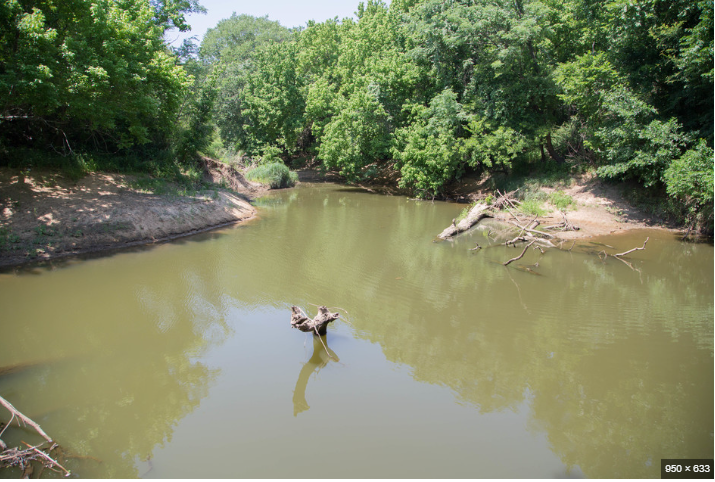
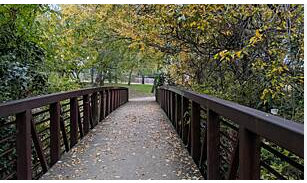

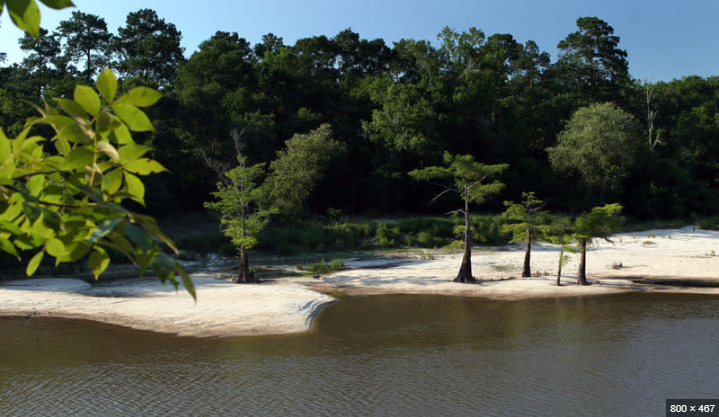

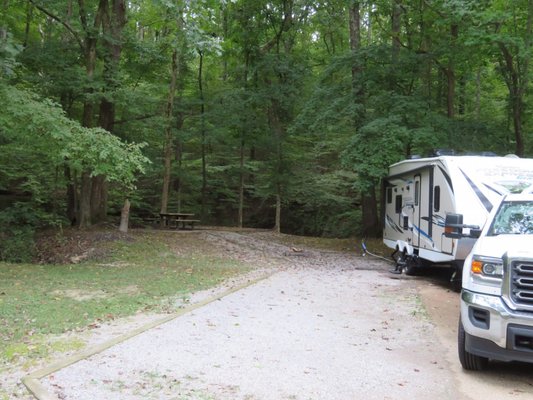
The Bridalveil Creek Campground is located along the Glacier Point Road near Bridalveil Creek and is surrounded by a beautiful forest of red fir and lodgepole pine. At an elevation of 7,200 feet (2,200m) the campground is located 7 miles west of Glacier Point, 9 miles east of the Wawona Road turnoff, and is approximately 45 minutes from Yosemite Valley. The spectacular views from Glacier Point are nearby, and numerous hiking trails are located along the Glacier Point Road. There are no services nearby.
The Bridalveil Creek Campground is typically open from mid-July through early September (exact dates vary) and reservations are required.
What this Camp Ground Offers
15 Amenities
Address
Arkansas 72396
United States
HoH Editorial
Membership

Join HoH today for
FREE and grow your
community
Campground bookings with the largest network
Rent RVs across the United States
Browse 45k+ USA Campgrounds
$4,500 average annual savings at 1MM locations
Save on healthcare and trip insurance
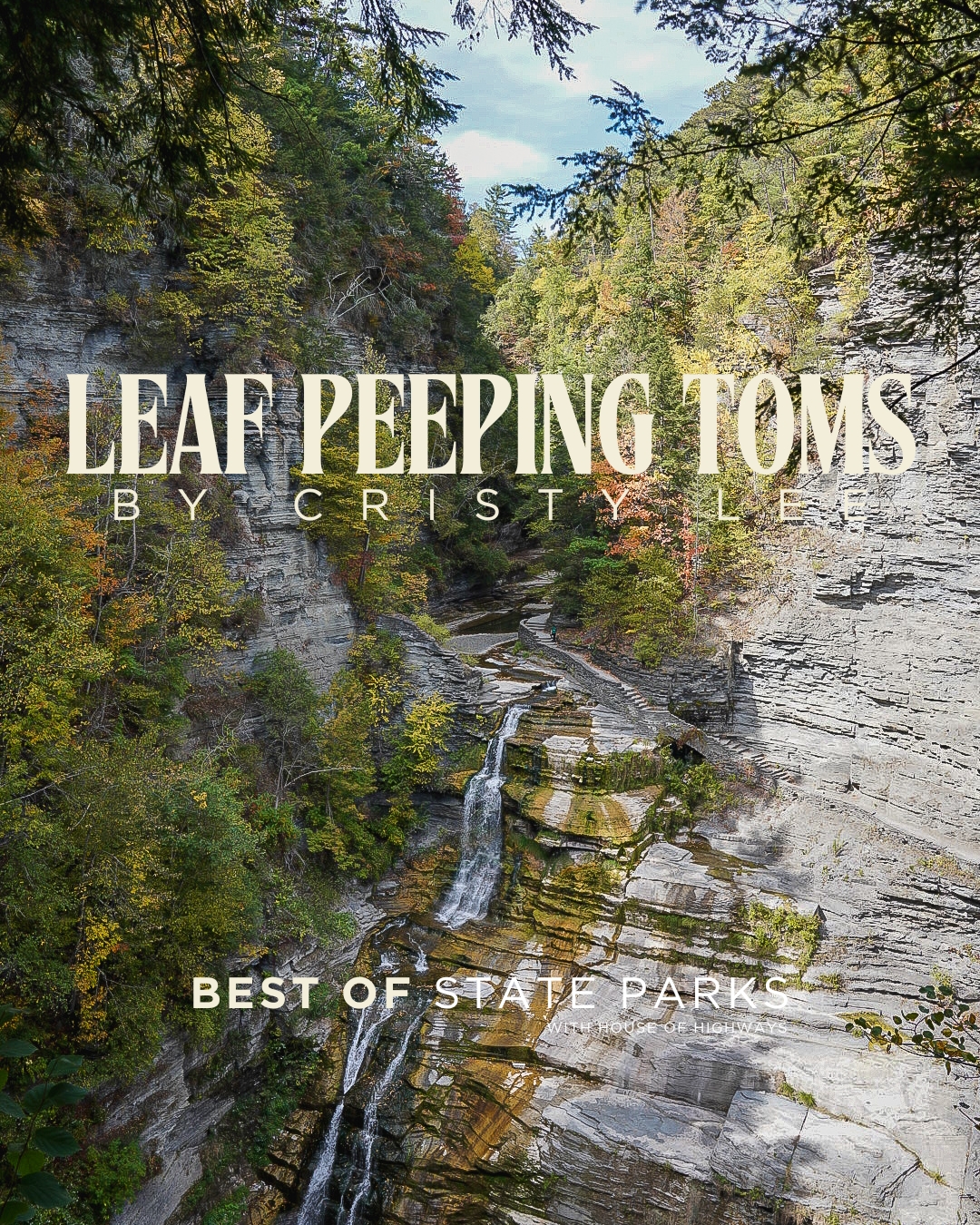



20 States, 20K Miles, 11 National Parks – and Counting!
Join full-time nomads Cristy Lee and Colan McGeehan, featured on Magnolia Network, WSJ, and NYT.
🌟 Follow Us:
✨ Roam free, and we hope to see you out there!